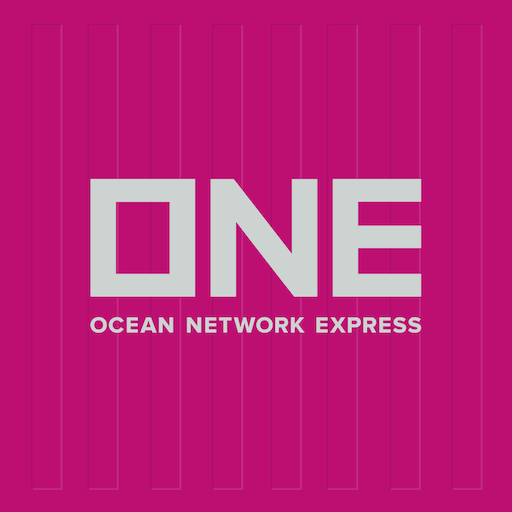Splash247 Why today’s maritime leaders must unlearn to adapt
Irene Rosberg, programme director of the Blue MBA at Copenhagen Business School, writes for Splash.
The map has changed, and it keeps changing. In maritime, this is no longer a cliché; it’s a daily reality.
For those of us shaping the next generation of leadership at the CBS Blue MBA, the biggest challenge facing senior executives today isn’t volatility. It’s the instinct to treat volatility as temporary. Geopolitical flashpoints, carbon regulation, digitalisation, AI, economic instability; these aren’t passing storms. They’re permanent weather systems, and the leadership playbook must evolve.
Traditional strategic models based on long-range planning and stable assumptions are now, frankly, liabilities. Strategic rigidity is dangerous. Leaders must learn to pivot, reassess, and move fast. But that doesn’t mean becoming reactive. It means developing a new literacy: one rooted in systems thinking, scenario planning, and the emotional intelligence to lead people through ambiguity.
This is not a future problem. It’s now. The maritime sector is already paying the price for a strategy gap, in cost overruns, lost talent, and missed opportunities. We see companies struggling not because of lack of capital, but because of lack of capacity: strategic, organisational, and human.
Outdated strategy, outdated tools
Strategic planning in our industry still leans too heavily on static tools and dated models. Many maritime leaders are brilliant operators but have never been trained to think and lead strategically in today’s hyper-fluid environment. Worse, they often lack the confidence to question the very structures and assumptions they inherited.
What’s missing isn’t brainpower, it’s mindset.
Take decarbonisation. It’s one of the most pressing strategic dilemmas of our time, and many companies still debate whether to retrofit engines or invest in future-fuel tech. We’ve seen Blue MBA participants confront this dilemma head-on in their Integrated Strategy Projects. One recent project evaluated whether a leading tanker company should remain in its medium-size segment or take the high-risk leap into VLCCs. Another explored whether to develop retrofit solutions or leap directly to dual-fuel innovation, a decision with major implications for both capital and compliance.
These aren’t academic case studies. These are real-world, board-level questions with enormous uncertainty, and they require leaders who are prepared to make bold, informed decisions with incomplete data.
The talent risk no one wants to talk about
Another under-acknowledged strategic risk is talent. Maritime is struggling to attract and retain future leaders. If we fail to invest in people, we’ll soon be asking the workforce to solve tomorrow’s problems using yesterday’s tools. That simply won’t work.
What we need are leaders who are digitally literate, emotionally intelligent, and capable of cross-functional thinking. Leaders who are collaborative, purpose-driven, and open to life-long learning, not just in name, but in practice.
At the Blue MBA, we’ve built a curriculum around these principles. Our goal is to help the industry not just react to change but shape it by producing executives who thrive in uncertainty. From scenario planning and systems design to leadership under pressure, we give participants the frameworks, exposure and confidence to lead.
What I’ve learned after two decades leading this programme is simple: the best leaders are not the most experienced. They’re the most adaptable. They have the courage to unlearn, the humility to listen, and the foresight to see complexity not as chaos but as opportunity.
The next five years will be defined by those who choose to lead with resilience, clarity and curiosity, and those who wait for the map to settle.
One of those options will still be in business.
Related Posts



